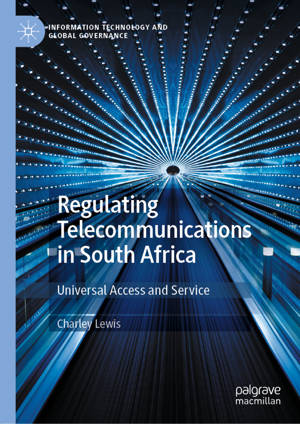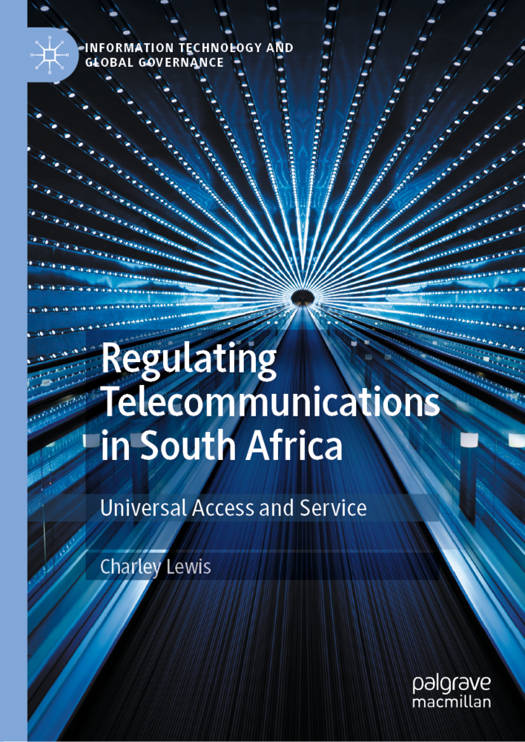
- Retrait gratuit dans votre magasin Club
- 7.000.000 titres dans notre catalogue
- Payer en toute sécurité
- Toujours un magasin près de chez vous
- Retrait gratuit dans votre magasin Club
- 7.000.0000 titres dans notre catalogue
- Payer en toute sécurité
- Toujours un magasin près de chez vous
Description
This book provides the first full account of the 20-year story of universal access and service in South Africa's ICT sector. From 1994 the country's first democratic government set out to redress the deep digital divide afflicting the overwhelming majority of its citizens, already poor and disenfranchised, but likewise marginalised in access to telephone infrastructure and services. By this time, an incipient global policy regime was driving reforms in the telecomms sector, and also developing good practice models for universal service. Policy diffusion thus led South Africa to adopt, adapt and implement a slew of these interventions. In particular, roll-out obligations were imposed on licensees, and a universal service fund was established. But an agency with a universal service mandate was also created; and licences in under-serviced areas were awarded. The book goes on to identify and analyse the policy success and failure of each of these interventions, and suggests some lessonsto be learned.
Spécifications
Parties prenantes
- Auteur(s) :
- Editeur:
Contenu
- Nombre de pages :
- 347
- Langue:
- Anglais
- Collection :
Caractéristiques
- EAN:
- 9783030435264
- Date de parution :
- 11-06-20
- Format:
- Livre relié
- Format numérique:
- Genaaid
- Dimensions :
- 148 mm x 210 mm
- Poids :
- 743 g

Les avis
Nous publions uniquement les avis qui respectent les conditions requises. Consultez nos conditions pour les avis.






